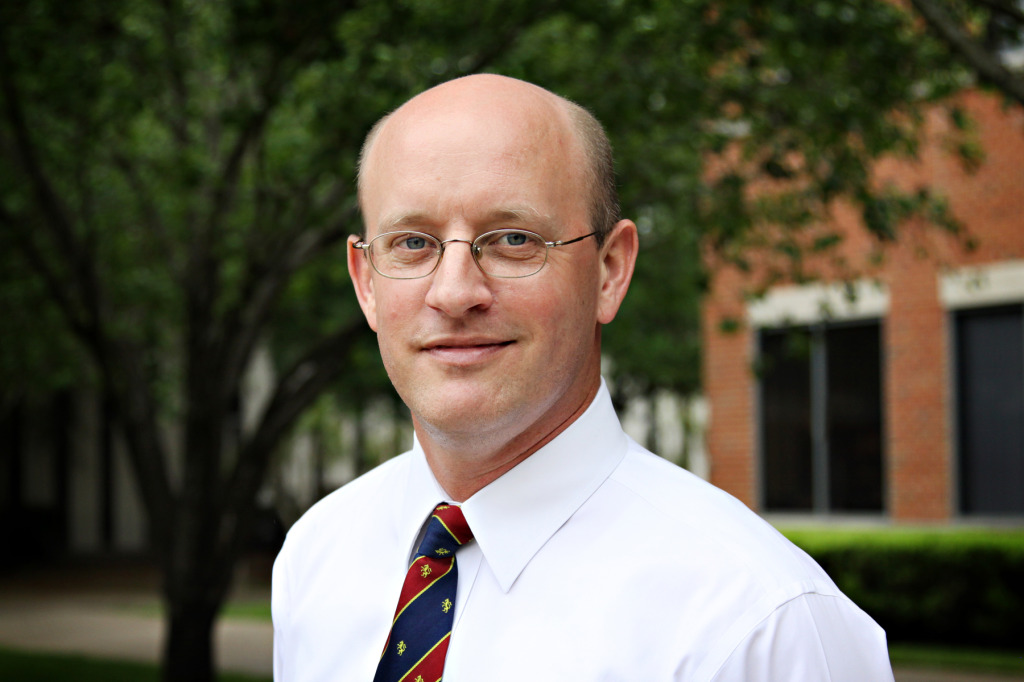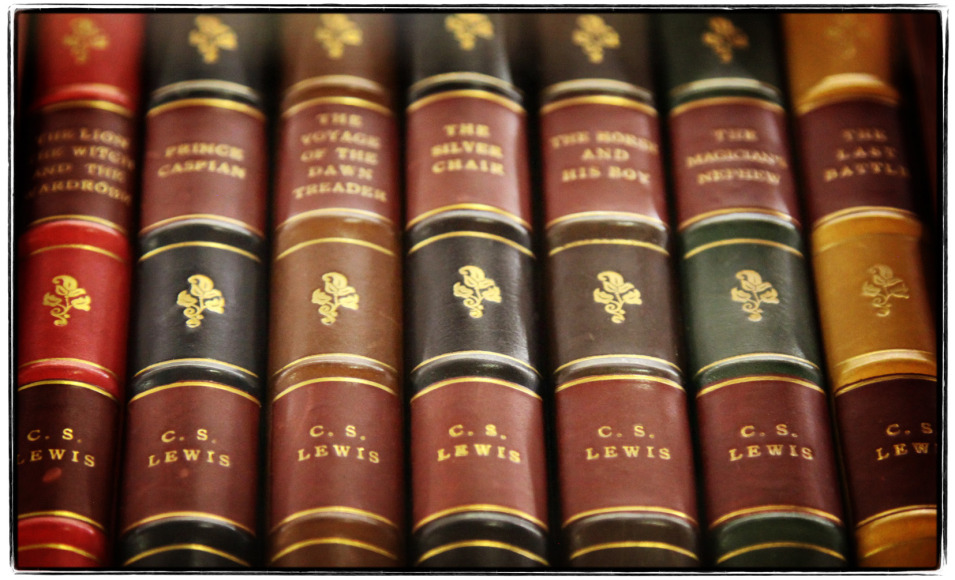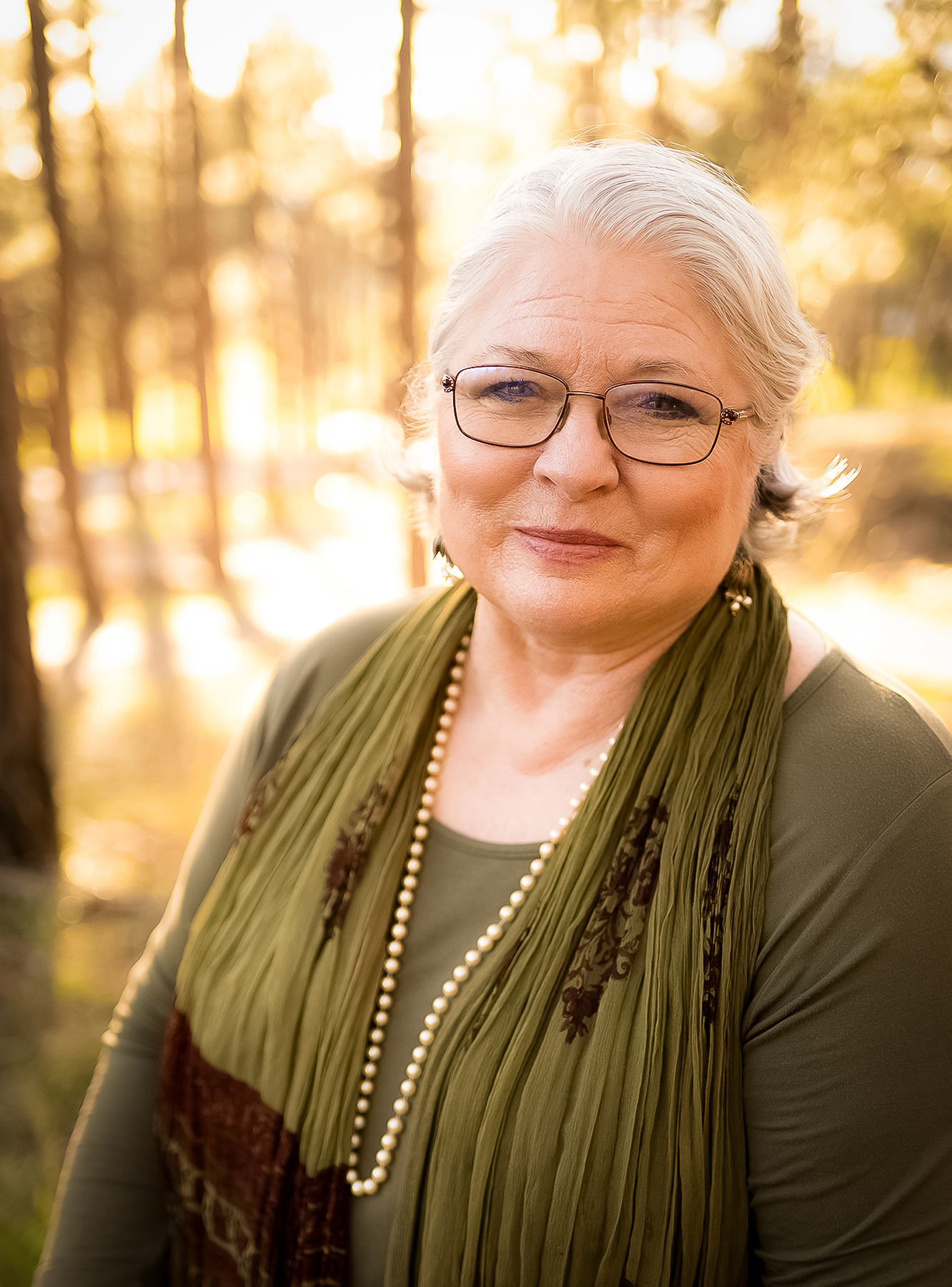The images in the following interview of Michael Ward and the Lanier Theological Library special collector’s set of The Chronicles of Narnia are copyright of Lancia E. Smith. If you wish to reproduce the images please contact me directly regarding their usage.
Thank you so much for your courtesy!

November 22nd, 2013 marks the 50th anniversary of C.S. Lewis’s death. To honour his extraordinary contribution to the world of literature, Westminster Abbey will be unveiling a permanent memorial to Lewis in recognition of his literary accomplishments and continuing influence on British national life.
It has been my delight and privilege to interview Dr Michael Ward, author of Planet Narnia: The Seven Heavens in the Imagination of C.S. Lewis and co-editor of The Cambridge Companion to C.S. Lewis. Dr Ward is a Senior Research Fellow at Blackfriars Hall in the University of Oxford, and Professor of Apologetics at Houston Baptist University, Texas. He is also the lead organizer of the C.S. Lewis Memorial in Westminster Abbey’s famous “Poets’ Corner”. I am very grateful to Dr. Ward for his generosity in giving this interview and his labours at organising the complicated efforts for the memorial event itself.
LES: Dr Ward, what is the significance of Poets’ Corner – especially from a British point of view?
MW: Poets’ Corner is probably the most famous part of Westminster Abbey. Over one hundred poets, novelists, dramatists and other artists (including actors and musicians) are buried or commemorated there. The first poet to be buried in the Abbey was Geoffrey Chaucer, the “father of English poetry”, in 1400. Others who have been honoured include Shakespeare, Wordsworth, the Brontë sisters, and Jane Austen.
To be memorialized in Poets’ Corner means you’ve received national recognition for your contribution to the arts. Westminster Abbey has been at the heart of religious and civic life in England for over a thousand years and is known as “the coronation church”. William the Conqueror was crowned there on Christmas Day 1066. Our present monarch, Queen Elizabeth II, was crowned there in 1953. So, for C.S. Lewis to be memorialized in the Abbey is an indication of the respect in which he is held and an acknowledgement of his enduring place in the world of English letters.
LES: Why is this particular event significant – globally and within the Lewis community of scholars and readers?
MW: Globally, because Westminster Abbey is renowned world-wide and almost everything that happens there receives attention internationally.
It’s significant among the community of Lewis scholars and readers because so much of that community has, hitherto, been based in America, and now things are beginning to even themselves out. In comparison to Americans, we Brits have been rather slow to recognize Lewis’s importance. I don’t say that the British have completely ignored Lewis till now; he has always been reasonably popular here, but less so than in the United States. Part of that is simply to do with differences in national temperament: the British (and in particular, the English) are reluctant to make an enthusiastic noise about their favourite authors because we fear being mocked for it. “Moderation in all things”, tends to be the English way! Partly it’s to do with the sense of Anglophilia in certain parts of American culture. And partly, perhaps, it could be to do with the fact that “a prophet is not without honour, save in his own country”.
Another reason it’s significant within the community of Lewis scholars is because several attempts have been made over the years from within that group to have Lewis memorialized in the Abbey, and at last the Abbey has said yes. Dr Stan Mattson of the C.S. Lewis Foundation had suggested it on previous occasions; I myself had tried back in 1998; I think various other people had tried too – and always the Dean of the Abbey, whose sole decision it is, had declined. But now the present Dean of the Abbey, Dr John Hall, has graciously consented to the suggestion and it’s going ahead. So, I know that a lot of people within the community of Lewis scholars and readers will be pleased – delighted, – and I think everyone who has petitioned the Abbey about this matter over the decades can consider themselves to have contributed to the present positive situation.
LES: In the official press release announcing this memorial, Vernon White, Canon Theologian at Westminster Abbey, said: ‘C.S. Lewis was an extraordinarily imaginative and rigorous thinker and writer, who was able to convey the Christian faith in a way that made it both credible and attractive to a wide range of people. He has had an enduring and growing influence in our national life.’
There is a fairly widespread belief that Lewis was less well accepted by the British after World War II and was hailed as an evangelical hero in America. Neither side of this spectrum is really accurate. Obviously, the British people were deeply influenced by Lewis through his broadcast talks and his “popular” writing. And Americans went through a period after his death of declining interest in Lewis, which was later followed by a renewal of interest that has not waned. From your perspective, what is Lewis’s enduring and growing influence on British national life?
MW: The most easily recognisable influence, I think, has been through the popularity of The Chronicles of Narnia. Those books, and in particular the first, The Lion, the Witch and the Wardrobe, are very widely known in Britain. People have grown up knowing about Narnia and it’s now an established point of reference in the culture at large. Several times in recent years, I’ve been watching BBC comedy programmes and have observed various comedians making jokes – usually friendly sorts of jokes, I’m pleased to say – which assume knowledge of magic wardrobes or how time stands still when you’re in Narnia or the danger of eating Turkish Delight. And these comedians are right: everyone in Britain, pretty much, can be expected to know about these things. The Chronicles represent that aspect of Lewis’s influence which is truly national and ubiquitous, and who can say exactly what that impact has been? All I can say is, from the reading I’ve done and from countless conversations I have with people over the years, that it’s immeasurable and very largely positive.
The other aspects of his influence – his Christian apologetics (such as The Screwtape Letters and Mere Christianity) and his academic writings (such as The Allegory of Love and A Preface to Paradise Lost) – are more confined to particular groups within the nation. And there again, it’s impossible to quantify. But many, many people have been brought into a Christian faith, or strengthened within an existing faith, by his writings and by his personal example; and many scholars, both Christian and non-Christian, have been inspired by his academic output. It’s really remarkable how much of an influence Lewis has had, in his imaginative writings, his apologetics, and his professional works of literary criticism. By any standards, it’s an outstanding achievement and an unparalleled range of influences.
Then, of course, there’s an influence which is related to Lewis, but not directly part of his own life and work, – I mean the Shadowlands story of his marriage and bereavement. This was first of all a BBC television film, then a West End stage-play, then a feature film starring Anthony Hopkins, and finally a BBC radio-play. The writer, William Nicholson, managed to get four iterations of the drama, which is quite extraordinary! A lot of people who may know very little about Lewis will have encountered Shadowlands, – but of course the story has been greatly simplified and dramatized and romanticized and actually bears only a fairly loose connection to reality. Still, it’s part of the overall picture of Lewis’s place in the British national consciousness, and worth bearing in mind. Lewis is widely thought of not just as a writer, but as a man who loved and lost, who suffered bereavement but still trusted in God. And although Shadowlands is very unreliable, it is at least right in those respects and has had a part to play in making Lewis known to certain people who might otherwise never have heard of him.

LES: How did this memorial come about?
MW: The Abbey has an Institute for public education; it puts on lectures, debates, seminars, and other events of various kinds. One of the canons at the Abbey, Vernon White, thought that the fiftieth anniversary of Lewis’s death would be a good time for the Institute to organise some sort of event focusing on Lewis’s work as a Christian writer and apologist. Canon White got in touch with me to discuss ideas and while we were talking about a possible conference, we also started talking about whether it might not be an opportune moment to revisit the notion of a Poets’ Corner memorial. So, in turn, I approached several friends and colleagues who agreed to be co-signatories to a letter that I wrote to the Dean, suggesting that very thing. The co-signatories were:
1) Helen Cooper, Professor Medieval and Renaissance English at the University of Cambridge. She holds the professorial chair that Lewis was the first occupant of.
2) The then President of the Oxford University Lewis Society, Ryan Pemberton.
3) Alister McGrath, author of C.S. Lewis, A Life, and Professor of Theology, Ministry and Education at King’s College, University of London.
4) Michael Ramsden, Director of the Oxford Centre for Christian Apologetics
5) Dr Judith Wolfe, Fellow of St John’s College, Oxford, and editor of The Journal of Inklings Studies
The Dean of the Abbey, Dr John Hall, wrote back very positively and it was agreed that news of the memorial would be announced in November 2012, giving us a whole year to raise the funds for it. The Abbey doesn’t fund such memorials itself, so it is up to me, as the main initiator of the project to find the necessary support from Lewis’s readers and admirers round the world.
Even a relatively small memorial, such as this one, costs a huge amount of money because anything that affects the fabric of the Abbey has to be of high quality, both in materials and design. Also, the Abbey requires, quite properly, an additional sum as a contribution to the ongoing maintenance of memorials. And finally, some of the costs of the Thanksgiving Service, at which the memorial will be unveiled, also need to be met by supporters of the project.
As of today (July 1st, 2013), we’ve been raising money for about seven months and have so far brought in about a quarter of the total needed. We have five months left to raise the remaining sum, which is about £15,000, and I would urge everyone reading this interview to share it with their friends and networks, so that people who love Lewis’s writings know they still have an opportunity to contribute to this memorial. The names of contributors will be compiled into a list and deposited in the Bodleian Library in the University of Oxford, among the papers of the Oxford Lewis Society, so that future generations of scholars can see who helped this memorial to be realized. We won’t mention the size of your contribution, because we understand that people have all sorts of claims upon their giving and the amount you donate is not really the relevant thing. Any amount is very gratefully received, be it large, medium or small. What we want is for this list to demonstrate the extent of Lewis’s readership; and it will also provide an opportunity for people whose lives have been deeply impacted by Lewis’s work to put that on record in a permanent form in the library of the university where Lewis spent most of his career.

Click here for Part 2 of this interview series with Dr Michael Ward!
Lancia E. Smith is an author, photographer, business owner, and publisher. She is the founder and publisher of Cultivating Oaks Press, LLC, and the Executive Director of The Cultivating Project, the fellowship who create content for Cultivating Magazine. She has been honoured to serve in executive management, church leadership, school boards, and Art & Faith organizations over 35 years.
Now empty nesters, Lancia & her husband Peter make their home in the Black Forest of Colorado, keeping company with 200 Ponderosa Pine trees, a herd of mule deer, an ever expanding library, and two beautiful black cats. Lancia loves land reclamation, website and print design, beautiful typography, road trips, being read aloud to by Peter, and cherishes the works of C.S. Lewis, J.R.R. Tolkien, and George MacDonald. She lives with daily wonder of the mercies of the Triune God and constant gratitude for the beloved company of Cultivators.
Leave a Reply
A Field Guide to Cultivating ~ Essentials to Cultivating a Whole Life, Rooted in Christ, and Flourishing in Fellowship
Enjoy our gift to you as our Welcome to Cultivating! Discover the purpose of The Cultivating Project, and how you might find a "What, you too?" experience here with this fellowship of makers!


Unfortunately his greatest influence has fail in his home country; that of Christian Apologist. As the U.K. falls into the abyss followed by the USA and Germany, then the Catholic countries,the only refuge may be the Eastern European countries and of course Texas!
Matthew, I strongly believe that it is the Lord God who causes the fruit to be produced and that his work as an apologist is still bearing the fruit even while this world slips deeper into the darkness. His name will not fail, and He will not be mocked forever. The Day is coming quickly when we will all come to account for our efforts and what fruit they produced. Please continue to pray for God’s strong truth to reach into every corner and His goodness to prevail. Blessings and thanks for your comment. You are in my prayers as well.
[…] Read Interview with Dr. Ward on the event by Lancia Smith […]
[…] Read Interview with Dr. Ward on the event by Lancia Smith […]
[…] here for Part 1 of this interview […]
[…] In light of this, the closing sentence on the dust-jacket caught me when I first read it, and Michael Ward strengthens the notion in his very fine Afterword with this, “On the one hand, the group [the […]